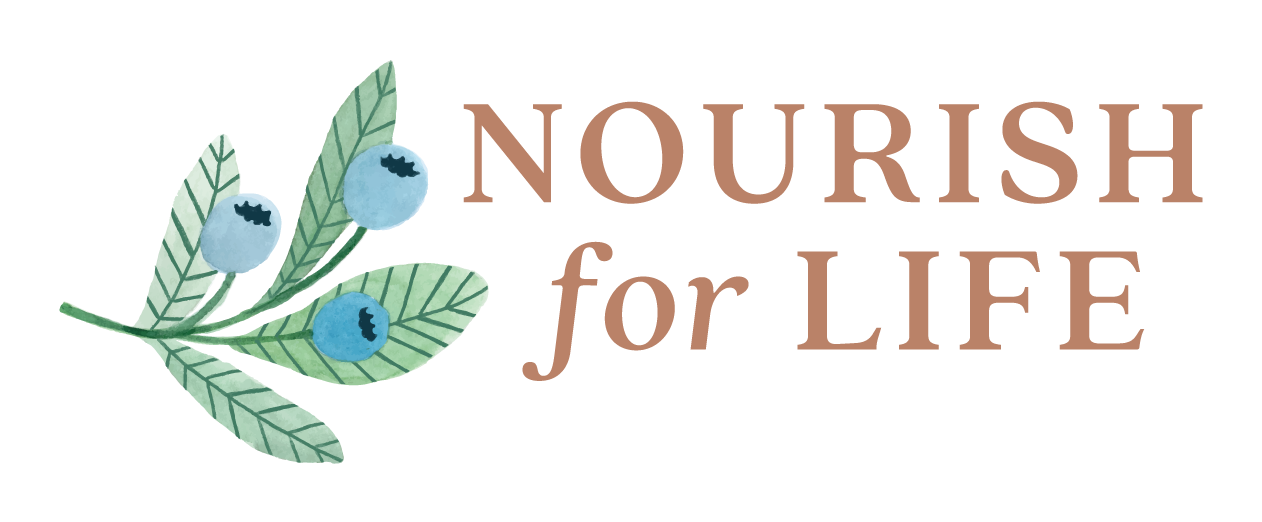Fishing for Reliable Nutrition Information in a Sea of Misleading Messages
This is a guest post by Simmons University Dietetic Intern, Casey McAlpine
In today’s modern world, health and nutrition information is easy to access online, which can be very useful. However, anyone can go online and post an article, make a video, and share on social media. This creates a channel for misleading information to be easily spread. Anyone can post content with flashy titles and eye-catching cover images that reel us in but these could be bait for a trap of misinformation. How do we fish for reliable nutrition information in a sea full of authors, creators, sources, and posts?
There are a number of ways we can evaluate online resources to determine whether they are useful or if we should keep scrolling. It’s time to fill your tackle box with some questions to ask yourself while fishing for nutrition information.
Where is this information coming from?
Just like when we are doing research for school or work, we look for clues that our sources can be trusted. When looking at nutrition and health information online, it is essential to consider how recent the information is, what the goal of sharing the information is, what the biases or opinions in the content are, and which organization or person has published this information. Science and healthcare are always evolving, so it is crucial to find recent and trusted sources online. Notice whether the author or creator has used any additional resources to craft their article or post. References and citations can be an indication that content is being presented as fact. Keep an eye out for, scientific journals, government agency sites, non-profit organizations that conduct research, and professionals that have work experience in the area they are writing about, as these are considered reliable online resources.
Is the creator or author a registered dietitian?
Registered dietitians are highly qualified, skilled health care professionals who have taken a certification exam, and in most states, obtained licensure to practice. They are not to be confused with nutritionists who do not have the same strict credentials and rigorous qualifications as registered dietitians. Much of the nutrition information we see on the internet, especially on social media, is camouflaged as reliable by being posted by someone with the title “nutritionist”. Registered dietitians follow evidenced based practice where they use systematically reviewed scientific information to provide the most relevant and applicable education and decision-making. Furthermore, registered dietitians are the only health care professionals able to provide medical nutrition therapy, which is the use of nutrition to treat medical diseases. Dietitians are the go-to for nutrition expertise, so keep a close eye out for content posted by registered dietitians.
Is this information something that will fit in my life?
Even if a social media post or article on the internet is created by a registered dietitian, that does not always mean that it is the best information for you. There are a number of practice areas in nutrition and dietetics, but not all of them lend the same advice. For instance, a registered dietitian that follows intuitive eating and health at every size may not offer up the guidance as a dietitian that uses intuitive eating for weight loss. Additionally, you can look for who follows the creator and who they follow. Is a particular website or social media page interacting with them fairly often? Does the creator share products and discount codes they could be benefiting from? Are they employed by a certain organization that could influence their online presentation? Does this align with my beliefs and values for health and wellness? Evaluating a creator’s background is a key step to determining whether their information is something that will flow well in your life or something that should be steered clear of.
Can I find this information elsewhere?
Reliable information can be found in multiple sources. When a content creator does not share their sources, it could be a clue for one of two things. 1) It could be a red flag that they are laying a trap of misleading information not backed by science, or 2) It could mean that the information is understood as common knowledge. A quick google search could help to uncover the validity of the information. Using the evaluation tools so far in your tackle box, you can take a look at other online resources to see if the same information shows up repeatedly. If the information shows up only on sources that might not pass the checks we've talked about, that could be a sign that the information is not entirely reliable. Repeated information across many credible resources is a sign that the content is valid.
It can be tricky to navigate the sea of nutrition information out there on the internet, but by asking yourself these questions you will hopefully be able to make some quick decisions on which streams to follow. The attention-grabbing social media posts and fancy websites can be a good source of nutrition and health information when they are reliable and registered dietitian-approved. Keep your tackle box handy whenever you go fishing for nutrition information!

